8 GPTs for Documentation Analysis Powered by AI for Free of 2026
AI GPTs for Documentation Analysis are advanced tools that leverage Generative Pre-trained Transformers to automate and enhance the examination, interpretation, and management of documents. These tools are pivotal for parsing vast amounts of textual data, extracting relevant information, and making sense of complex documents in various formats. They are engineered to understand context, identify patterns, and generate summaries, making them indispensable in fields requiring meticulous document scrutiny.
Top 8 GPTs for Documentation Analysis are: GPT API Document Explorer,PMO Assistant,Nostr Guide,Framework Guru,Database Dynamo,ExplainTheDocs,OpenAPI Professor,Early Innovator
GPT API Document Explorer
Your AI-Powered Guide to GPT API Mastery
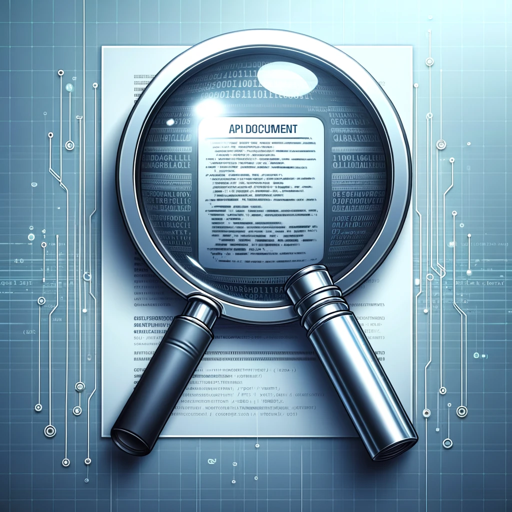
PMO Assistant
AI-powered project management insights

Nostr Guide
Empowering Nostr Development with AI
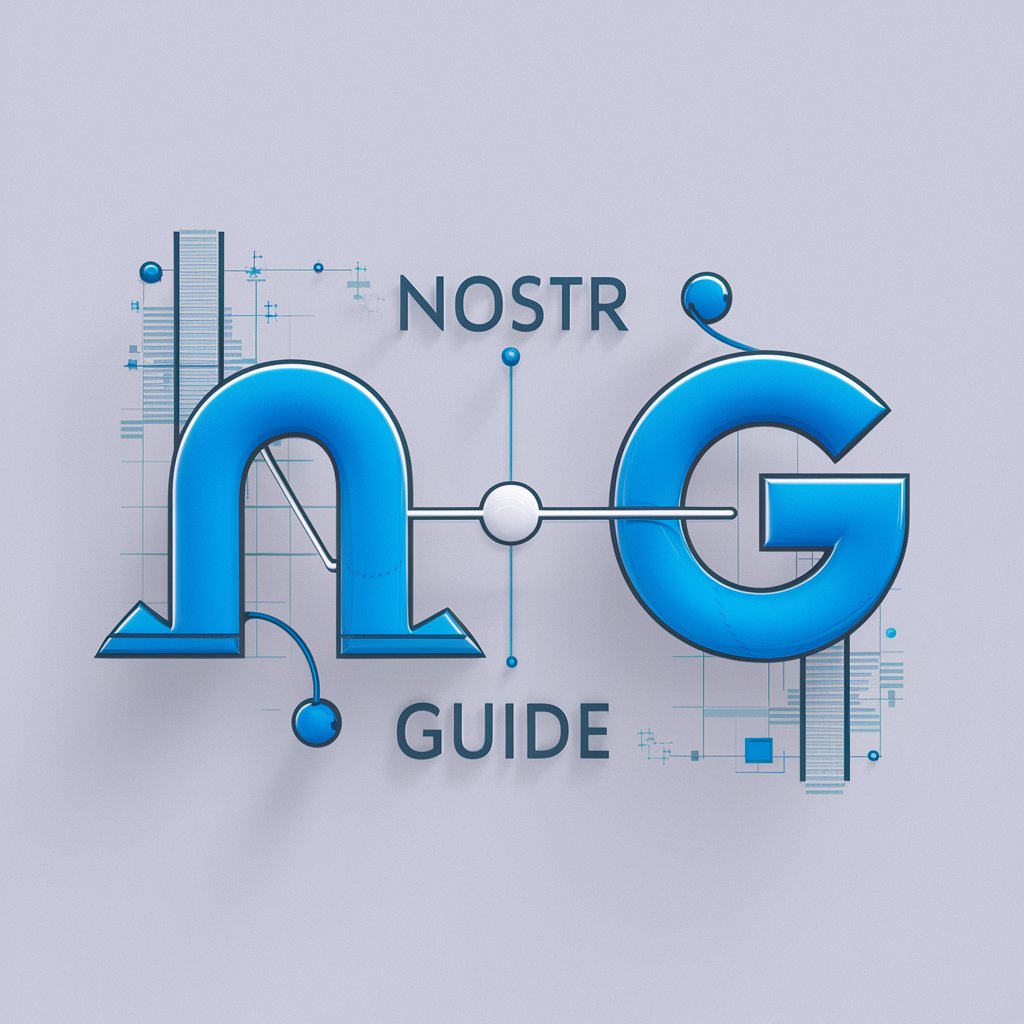
Framework Guru
Empowering your framework journey with AI.
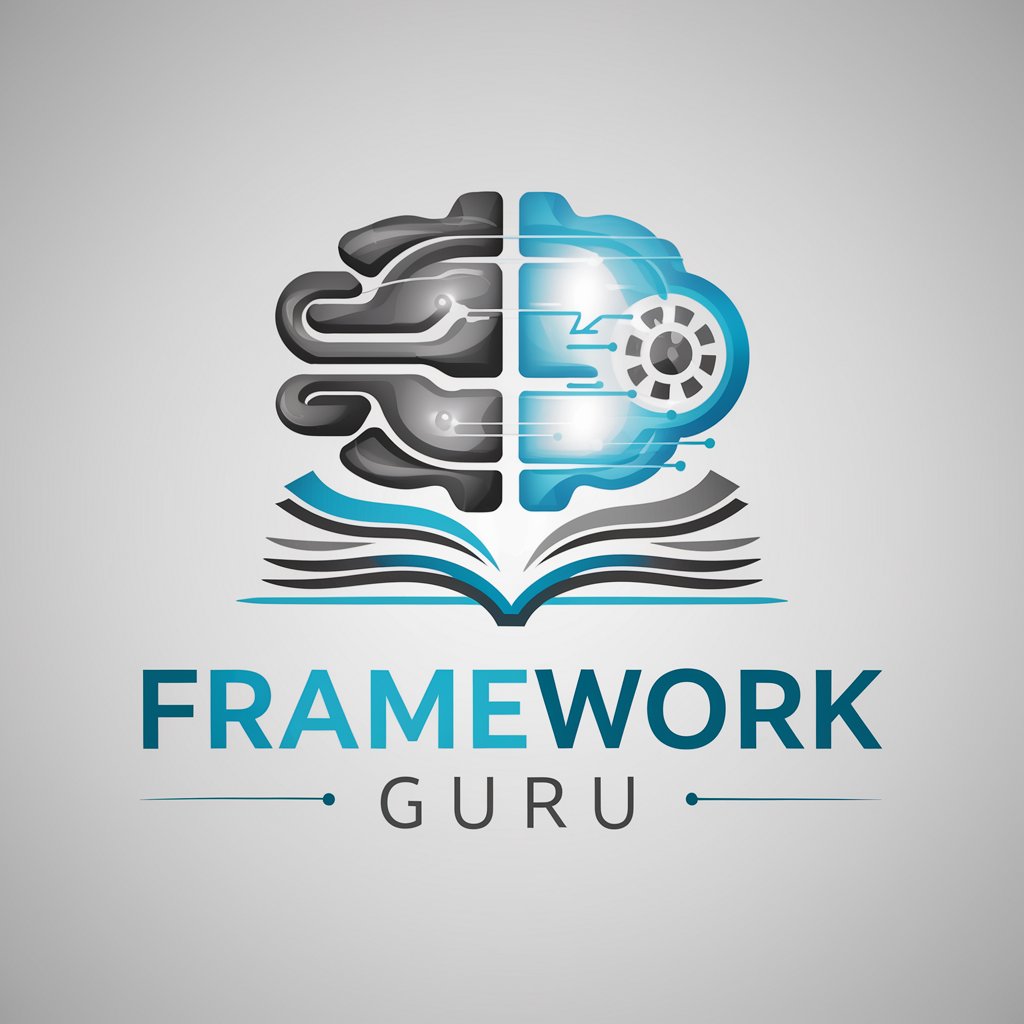
Database Dynamo
AI-powered database learning and visualization

ExplainTheDocs
AI-powered documentation assistance
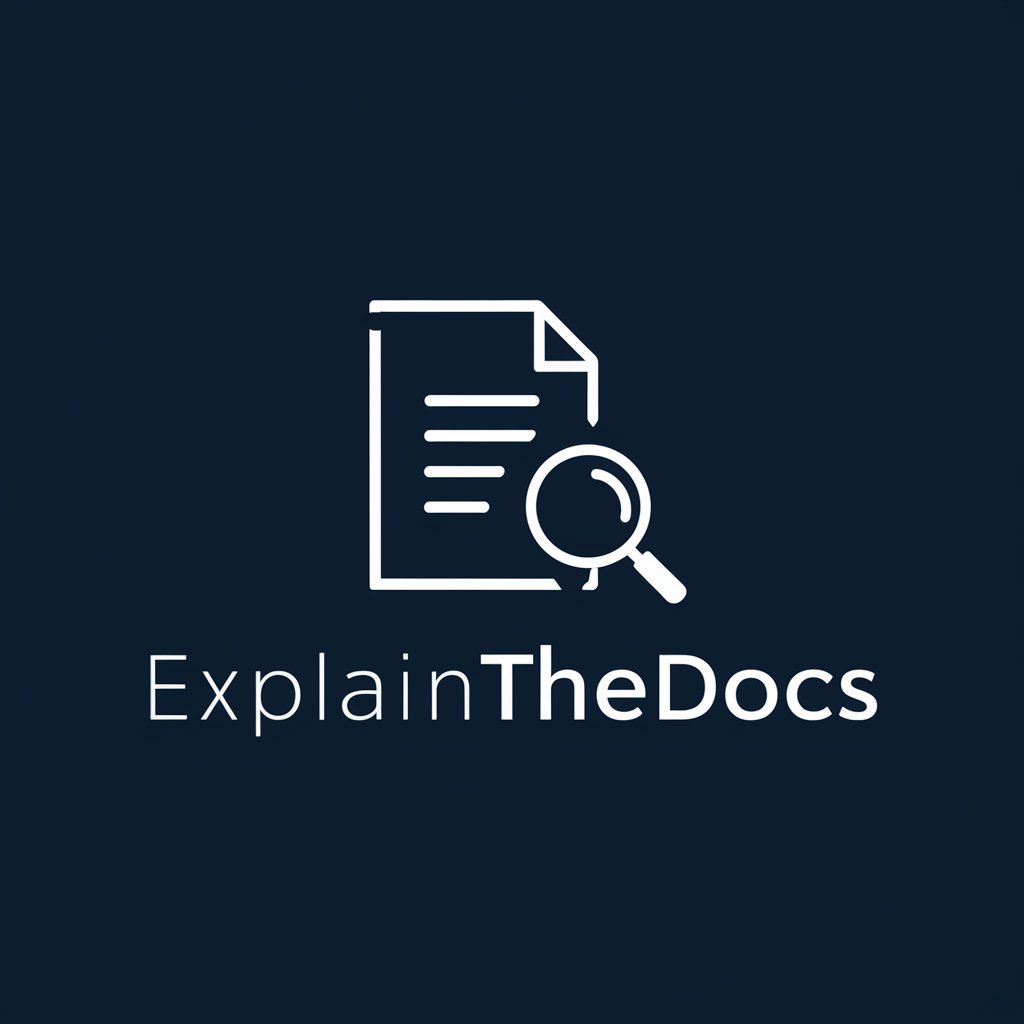
OpenAPI Professor
Demystifying OpenAPI with AI.
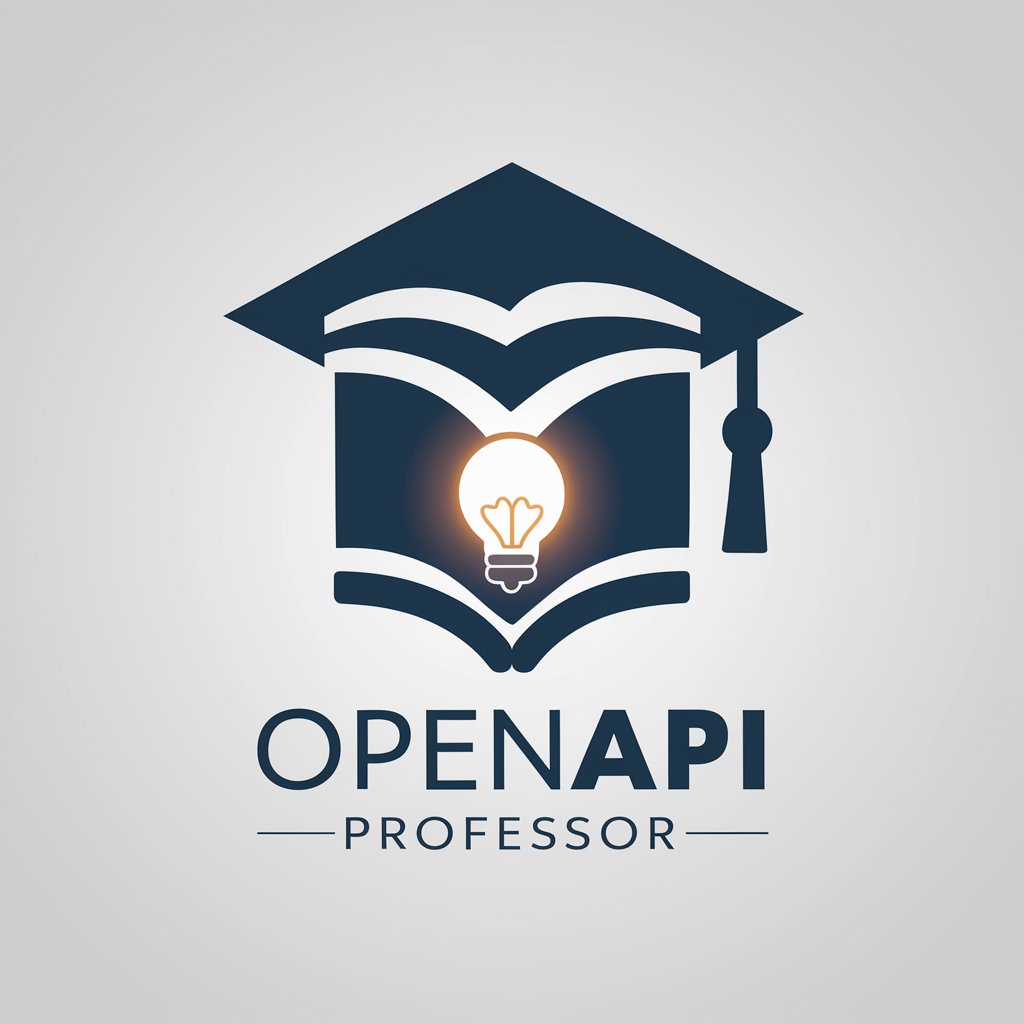
Early Innovator
Empowering Early Intervention with AI Insight
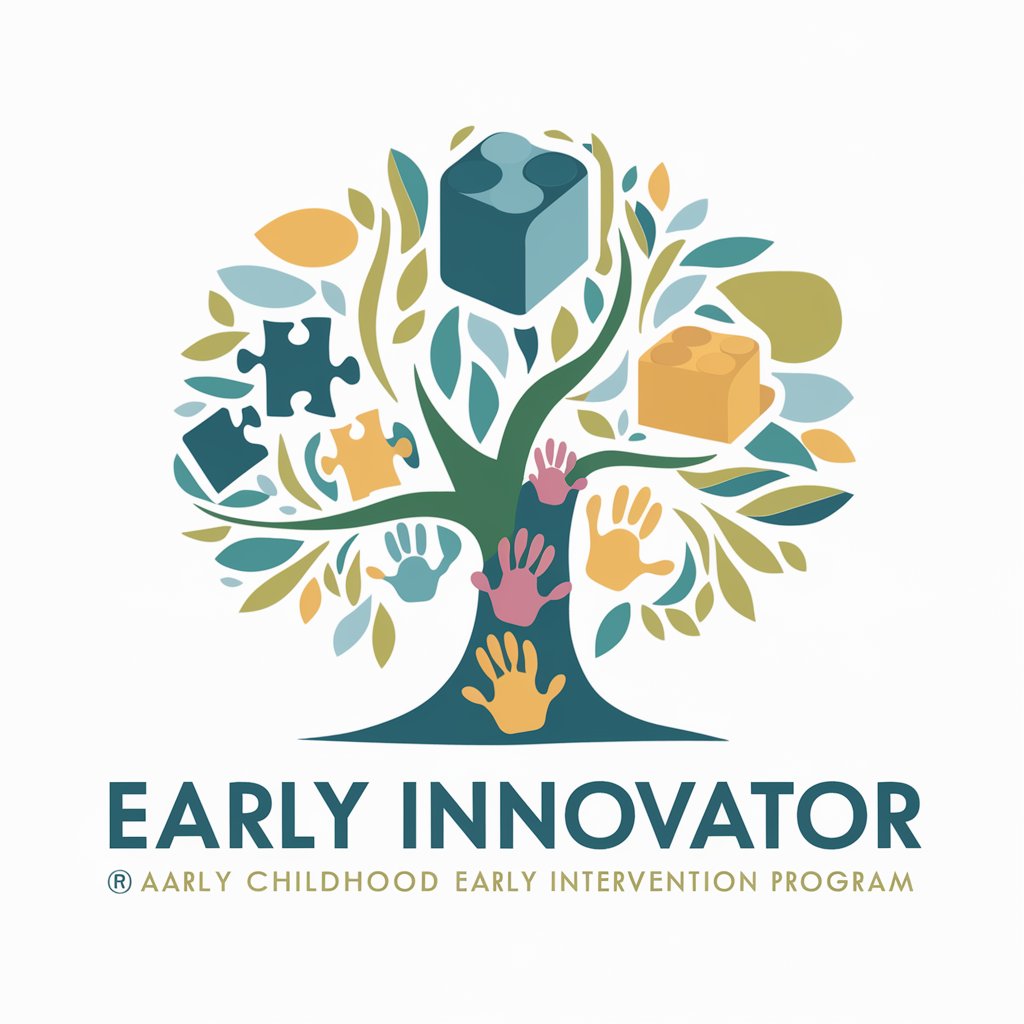
Distinctive Attributes and Functions
These AI-driven tools boast a range of unique features including natural language understanding, contextual analysis, and the ability to learn from interactions. They can perform tasks like summarizing content, answering queries based on document data, and even translating languages within documents. Their adaptability allows for customized applications, from simple data extraction to complex analytical tasks, making them versatile tools in the realm of Documentation Analysis.
Who Benefits from Documentation Analysis AI?
This technology serves a broad audience, from individuals seeking to organize personal documents to professionals in legal, academic, and corporate sectors requiring efficient document management. Its user-friendly nature makes it accessible to those without technical expertise, while its advanced features cater to developers and tech-savvy users looking for customizable solutions.
Try Our other AI GPTs tools for Free
Mold Assessment
Discover AI-powered Mold Assessment tools leveraging GPT technology for accurate mold detection, analysis, and remediation recommendations. Ideal for homeowners, property managers, and professionals.
Lease Review
Discover how AI GPTs for Lease Review transform lease analysis with advanced AI, making it faster, more efficient, and accessible to all.
Renters Rights
Explore AI GPTs for Renters Rights: empowering tenants and landlords with tailored legal advice, document generation, and insights into housing laws.
Homelessness Support
Discover how AI GPTs are revolutionizing Homelessness Support, offering tailored, accessible solutions to improve services and interventions for individuals facing homelessness.
Housing Advocacy
Explore how AI GPTs revolutionize housing advocacy with tailored support, simplifying complex information for easier access to housing rights and resources.
Biochemical Analysis
Discover how AI GPT tools for Biochemical Analysis are revolutionizing the field with advanced data interpretation, predictive modeling, and seamless integration capabilities for professionals and novices alike.
Expanding Horizons with AI in Documentation
GPTs revolutionize documentation tasks by providing customizable, intelligent solutions across sectors. Their intuitive interfaces and seamless integration capabilities make them a natural extension of existing workflows, enhancing productivity and insight without the need for extensive technical knowledge.
Frequently Asked Questions
What exactly can AI GPTs do in Documentation Analysis?
They can automate the reading, summarizing, and querying of documents, detect themes, and even translate texts.
Do I need coding skills to use these tools?
No, many GPT-based tools are designed with user-friendly interfaces, making them accessible without coding knowledge.
Can these tools be integrated into existing systems?
Yes, they are often designed with integration capabilities to enhance current document management systems.
Are GPTs for Documentation Analysis secure?
Security is a priority, with measures in place to protect sensitive data processed by these tools.
Can GPTs handle documents in any language?
Many of these tools have multilingual capabilities, but effectiveness can vary based on the language and model training.
How do these tools learn and improve over time?
They use machine learning to adapt from interactions and feedback, continuously improving their accuracy and relevance.
Can GPTs create documents as well as analyze them?
Yes, they can generate various types of documents, including reports and summaries, based on the data analyzed.
What sets GPT-based Documentation Analysis tools apart from traditional software?
Their ability to understand context, process natural language, and learn from data sets them apart, offering a more intuitive and efficient approach to document management.